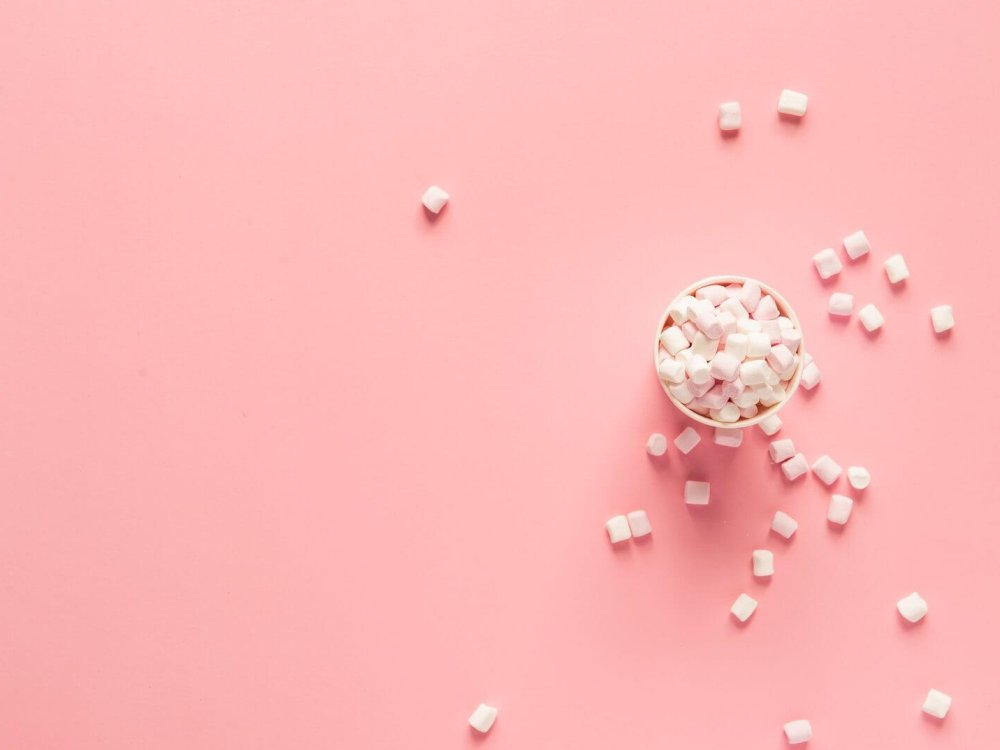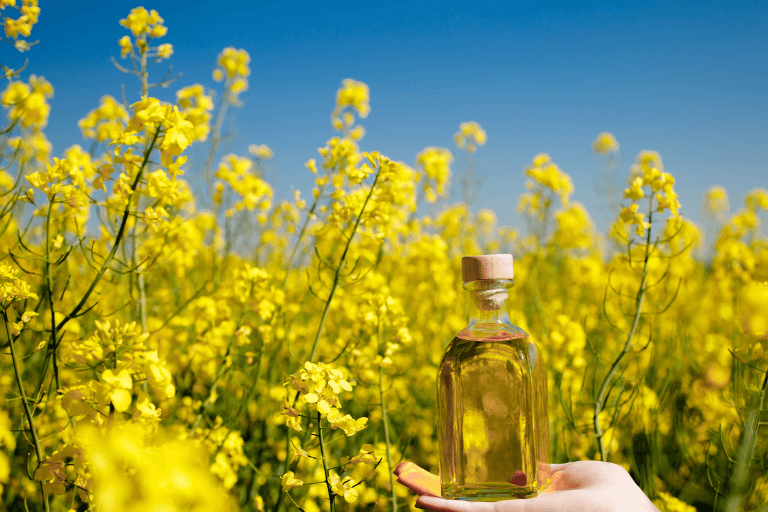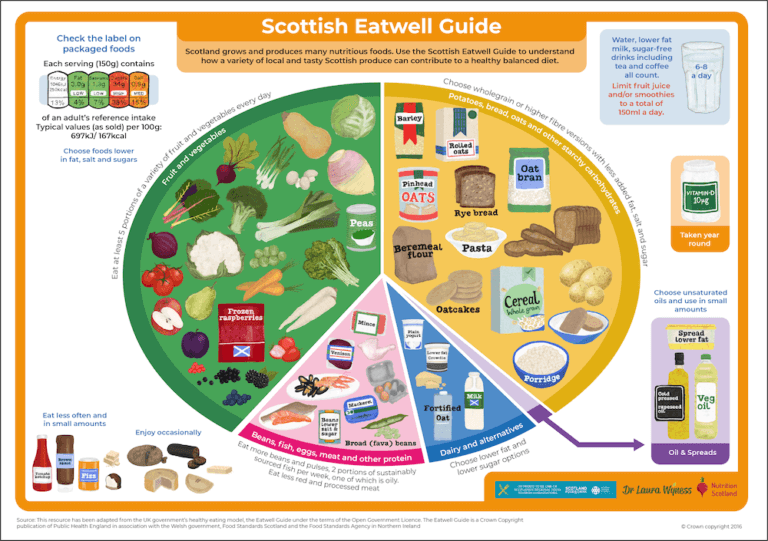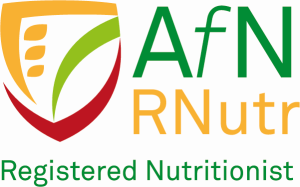It seems there is still a lot of confusion around sugars. Not surprising, considering the amount of misinformation on the internet and social media. So I wanted to set the record straight and hopefully clarify a few things about sugars. Firstly, what is sugar? is sugar addictive? is sugar toxic? should I go on a sugar-free diet? what is the maximum recommended sugar intake? and what should I look for on food labels? So here goes…
What is sugar?
Sugars are simple carbohydrates – For example, fructose (found in fruit), lactose (found in milk), and sucrose (table sugar) which is made up of a fructose and a glucose molecule.
Complex carbohydrates or starchy foods include wholegrains, vegetables and beans. Our body has to work a bit harder to break down these complex carbohydrates into more simple sugars, like glucose, that can be used by cells for energy. Complex carbohydrate foods provide a slower release of sugar into the blood stream which gives the pancreas (which produces insulin), as well as the liver, muscles, brain and other cells time to utilise the energy from these sugars rather than converting them into fat.
Glucose is the body’s preferred energy source and it is essential for our body cells, brain and muscles to function. Increased blood glucose levels stimulates insulin production which allows glucose in the blood to move into the cells. Any excess glucose we consume is moved into the liver to be stored for later use. The liver stores this extra glucose as glycogen. However, if we keep consuming too much sugar the liver reaches its maximum capacity for glycogen storage and then starts to convert excess glucose into fat. Over time the liver can become quite fatty. A healthy liver will have very little fat. When too much fat (more than 5%) builds up in the liver cells, fatty liver starts to develop. One in 4 people in the UK are currently living with non-alcoholic fatty liver disease. One of main reasons for this is poor diet and sedentary lifestyle (see my previous article on looking after your liver).
Fructose is a simple sugar found in fruits. Fructose is absorbed into the blood stream and then goes directly to the liver where it is stored as glycogen or converted to fat. Again, too much fructose increases the risk of fatty liver disease. So does that mean we should stop eating fruit? In short, no.
Nutrition can be quite complex as we don’t eat nutrients…we eat food that has a combination of nutrients. When you eat a whole fruit, you not only get fructose, but also a variety of vitamins, minerals and phytonutrients as well as fibre. The fibre in fruits helps to slow down digestion.
To put this into context, an orange has about 3 teaspoons of sugar in addition to the nutrients and fibre. However, a glass of orange juice which has the juice of 4 oranges will have around 12 teaspoons and minimal fibre. The lack of fibre in the juice makes it quite easy to overconsume which leads to excess calorie intake. However, fruit juice still contains useful micronutrients like vitamin C and 150ml counts towards one of your 5-A-Day. It is worth measuring out 150ml of juice into a glass you often use at home to get a good idea of how much it looks like – it may be a smaller amount than you think!
Is sugar addictive?
There is no evidence to suggest that sugar is physically addictive in humans. Some people do have a sweet tooth, or a preference for sweet foods. For many people, this is due to these foods tasting good and stimulating endorphins, or feel-good hormones. Sugar activates the brains reward system which encourages us to eat sugar again and again. Dopamine is the main chemical responsible for triggering this reward system and the more sugar we have, the more dopamine is released. This can sometimes feel like we are addicted to sugar. However, this perceived sugar addiction is more likely to relate to a behavioural rather than a substance addiction.
If you do have a sweet tooth, try using whole fruits to naturally sweeten foods. For example, use mashed banana, apple puree or grated apple to add sweetness instead of sugar.
Is sugar toxic?
The evidence shows that consumption of sugar-sweetened drinks leads to increased weight gain in children and adolescents and an increased risk of type 2 diabetes. Consuming too many foods with sugars can lead to overconsumption of calories and weight gain. High consumption of sugars is also associated with an increased risk of tooth decay.
So the next time you read something on Facebook or Instagram that says sugar is toxic or causes cancer, or lowers your immune system or gives you acne, remember there is no scientific evidence to support such statements. Individuals may find that by reducing sugar from their diet their skin condition improved or they felt more energised, but one person’s experience is not enough to provide evidence of a cause-and-effect relationship. Any improvement in their skin or energy levels could be linked to other dietary factors often found when sugar intakes are reduced (i.e. less fatty foods, more vegetables, increased vitamin and mineral intake, less alcohol, more water…)
Should I go on a sugar-free diet?
A sugar-free diet is virtually impossible to do and definitely NOT recommend. This would involve not only cutting out all cakes, biscuits and chocolate, but also eating no fruit, vegetables or dairy foods. Cutting out whole food groups increases the risk of malnutrition.
There’s lots of recipes online from bloggers and celebrities that are claiming to be ‘sugar free’ when they still have date syrup or honey in them…not sugar free at all! Many health and wellness advocates suggest the use of so called ‘alternative’ and ‘healthier’ sugars such as honey, agave nectar, date syrup or coconut blossom nectar. All these are just fancy names for sugars, and they are marketed in a way that suggests they are healthier, but they are still sugar…just like regular refined table sugar with a similar amount of calories (about 4 calories per gram).

What is the maximum recommended sugar intake?
It is important to limit the amount of added or ‘free’ sugars you consume. The recommended daily maximum for free sugars is 30g per day (which is about 7 teaspoons). Our current intakes in the UK are on average more than twice that amount.
Free sugars are sugars that are added to foods and drinks (soft drinks, sugary cereals, sweets) or found naturally in fruit juice, honey and syrups. These are the types of foods to have less of.
Sugars found naturally within the cell structure of whole foods (i.e. whole fruits and vegetables) or are naturally present (in milk and dairy products) are not considered ‘free sugars’.
What should I look for on food labels?
It is useful to check food labels to see how much sugar is in a product, however the figure given is the total sugar amount. You need to check the ingredients list for any added sugar which could be labelled as: cane sugar, coconut sugar, sucrose, dextrose, fructose, maltose, molasses, nectar, honey, syrup, fruit juice concentrate or isoglucose (to name a few!). If these appear as any of the first few ingredients, the product is likely to have more free sugars than if they were found towards the end of the ingredients list. Any food label with less than 5g per 100g of sugars is considered ‘low sugar’.
So the main message is that we are generally consuming way too much sugar. Sugar is not toxic or addictive, but you should limit the amount of free or added sugars you consume. The best way to do this is to limit processed foods as much as possible and satisfy your sweet tooth with fresh fruit.











